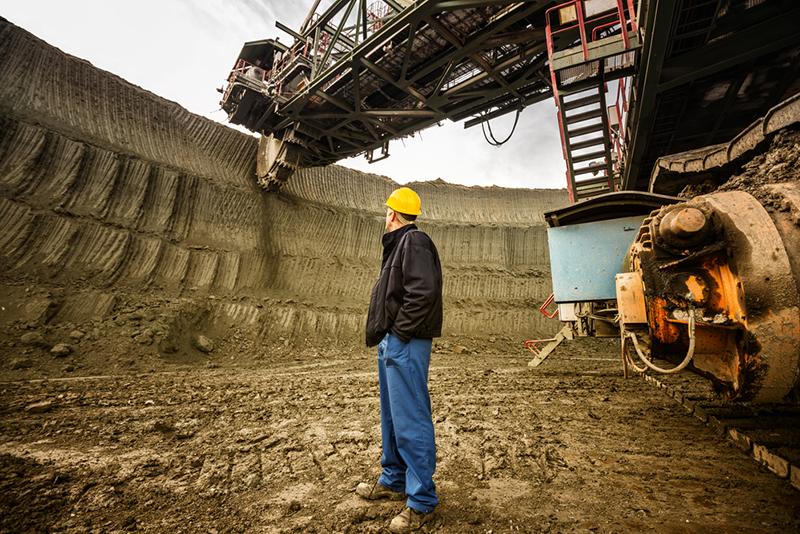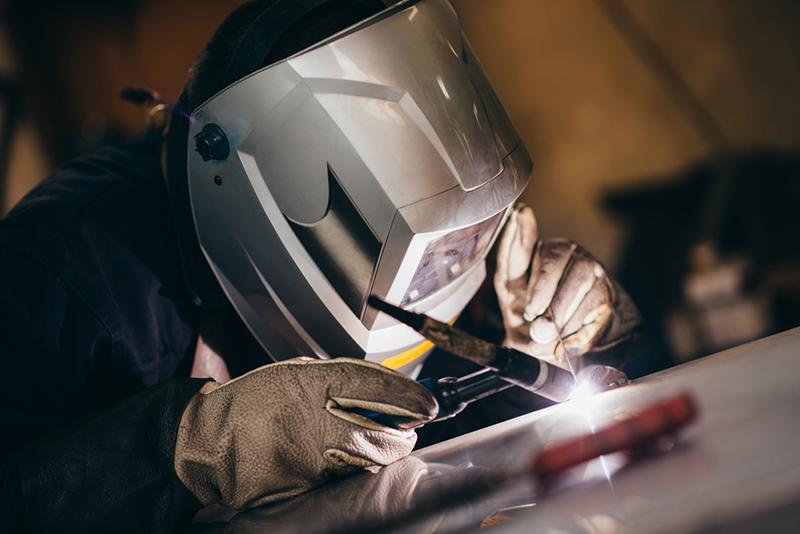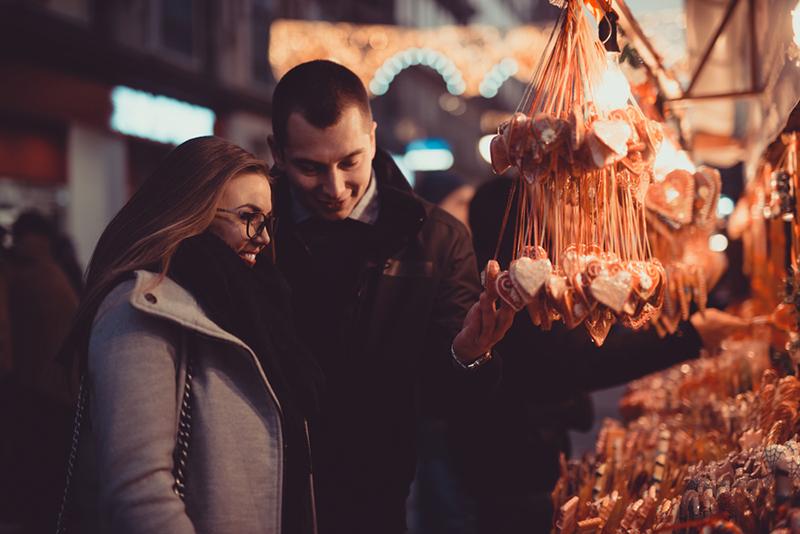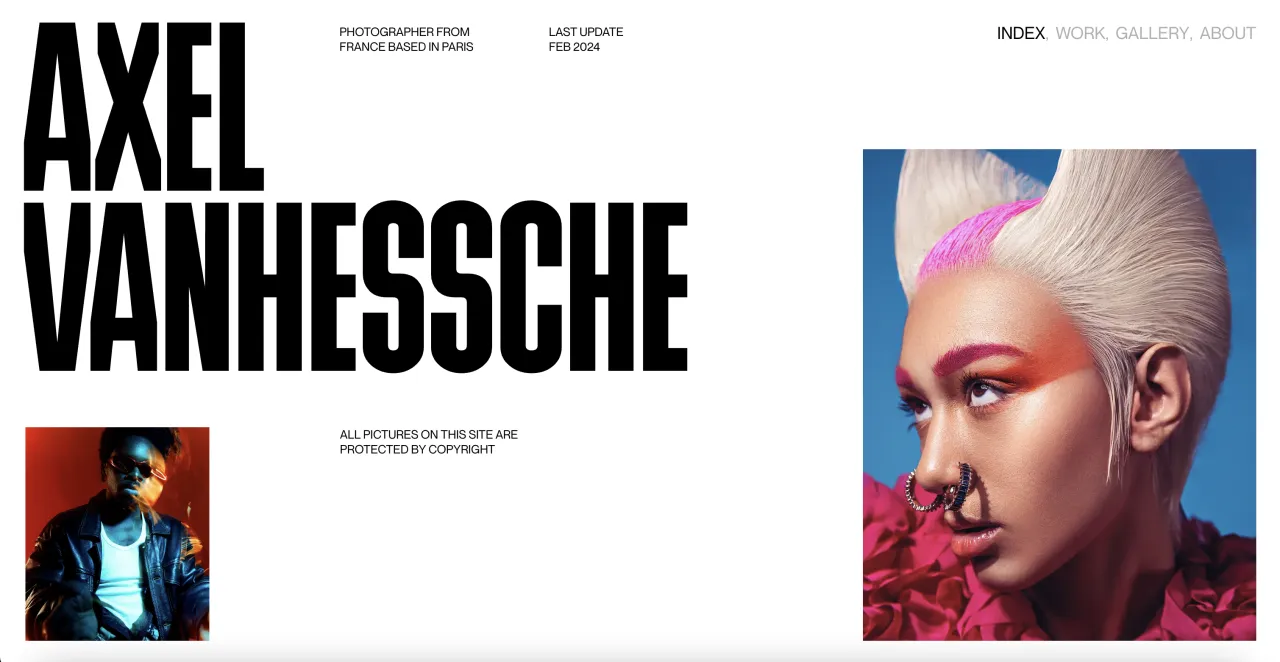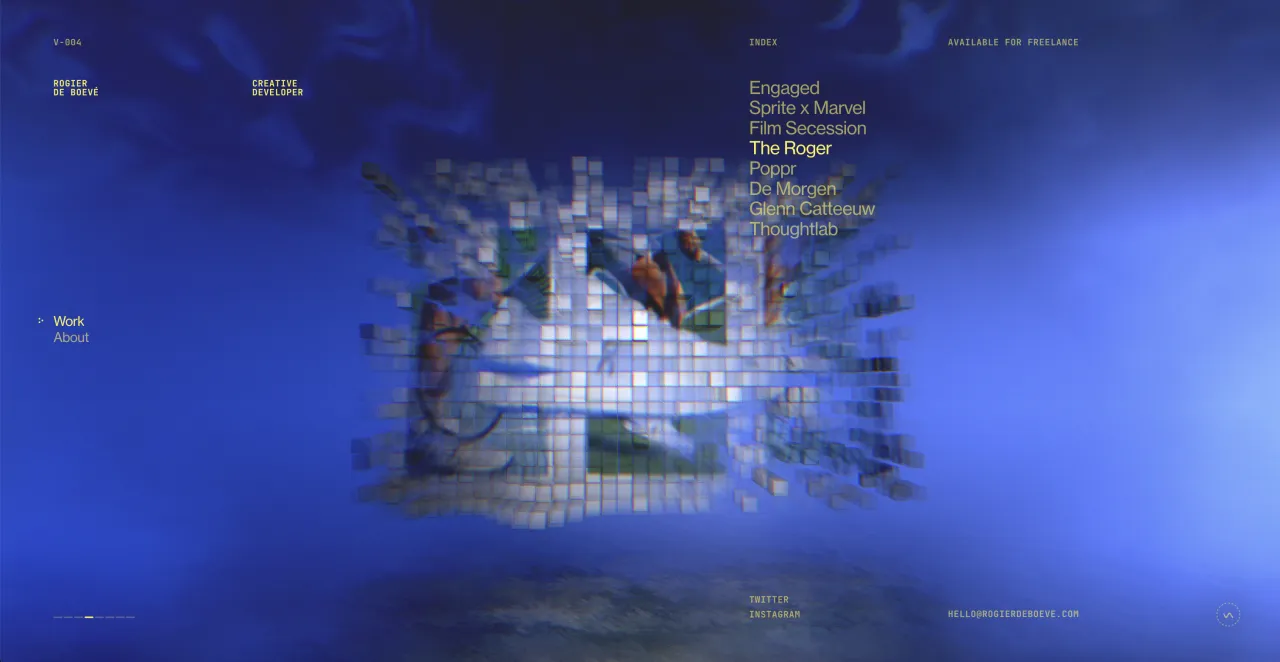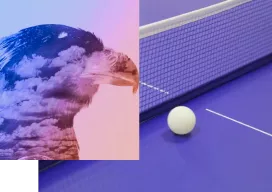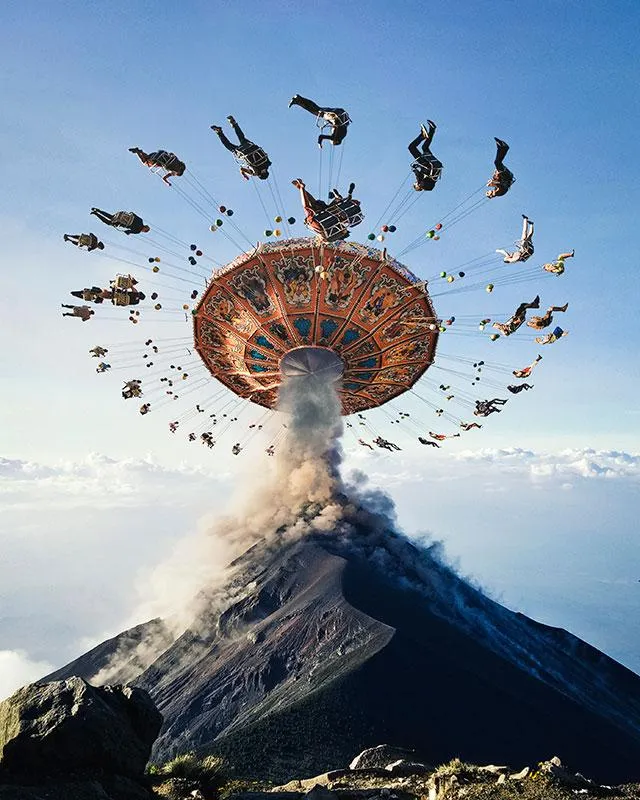Commitment and Determination: Interview With Dusko Jovic
One of our top contributors, Dusko Jovic, has shown me that nothing is impossible. He came into the stock photography business with a deep appreciation for the art of photography and made his way to a successful career. Through effort and determination, he made his way to bigger achievements every year. Today he shares with us his experience and his journey with stock photography.
Tell us a little bit about yourself and your professional career.
My journey into the world of amateur photography started in 2005. In the beginning, it was pure love and pleasure – I shoot mostly nature and landscapes. During this time, I was very stressed with my regular job so I eagerly used almost all my free time to find my escape in nature. Coincidentally, the city where I live is surrounded by beautiful nature – wild mountains with many fast, clear rivers so I didn’t need too much time to get to the desired locations. Soon I became a member of the local photo club and I begun to exhibit my photographs in many exhibitions.
How did you get into stock photography?
I’ve stepped into the world of stock photography in 2007 and that was a crucial step towards my further professional photography career. At that time you shouldn’t make too much effort to become a stock photographer who makes a very decent amount of money in that business. Having a smaller portfolio gave me an opportunity to start investing in my photography not only my free time but also my money.
What are your personal favourite subjects to photograph?
My favorite subjects for shooting have remained nature, landscapes and travel photography. Also far away places and strange people/portraits but those photos are not in my microstock portfolio mostly because today’s micro-stock market demands more commercial photography from everyday life.
What do you think is the secret to photography that sells?
There is no secret really. In my opinion, if you want to succeed in the stock photography business, you need to be original in the first place. Don’t spend your time on copying other people’s work. Think about your next shoot and try to bring some fresh ideas but at the same time, give your best to the technical aspect of your photos. Invest in good equipment and learn how to professionally post process your files. Yes, I know, there is too much you need to do, but in today’s stock business you can succeed only if you offer a complete product to your buyers.
From your experience, what has worked so far in your creative strategy and what hasn’t?
From my experience in microstock photography, the best results I have seen came from my people and lifestyle photography and the worst was with nature and landscapes. In some other types of markets, the situation is quite different.
You have a lot of industrial photography. What is the story behind those photoshoots?
After I stepped into professional photography, I began to be hired by many large companies for business portrait photography and also photography of production processes and products. So naturally, I tried to connect my stock and industrial photography to my work as much as I could.
What are your plans for the future? Where do you plan to take your business?
I don’t know exactly. I do plan to travel more for sure, to see more and enjoy photography more. Maybe I will decide to include more travel and storytelling photography in my microstock business. Life is too short to think about business too much 🙂
Do you have any tips for aspiring photographers that want to get into stock photography?
To all my fellow colleague photographers and newcomers in stock photography, I’ll suggest to read carefully my answer no. 4. Stock photography today is a very serious business with very serious players. That means you need to invest serious amount of money into professional equipment and hundreds and thousands of hours for obtaining high-end post-processing knowledge. If you don’t have all that time for learning professional post-processing, you must be prepared to hire some professionals to do that job for you and that’s not cheap.
Your recent work is more about lifestyle photography. Would you say this is the most versatile topic in stock photography?
Yes. If we talking about microstock photography – it is.
Your #1 tip or words of wisdom:
At the end of the day, stuck between more artistic or more commercial work… photography is not hammering nails. It is a product of creativity which needs to be fueled with passion and commitment.


